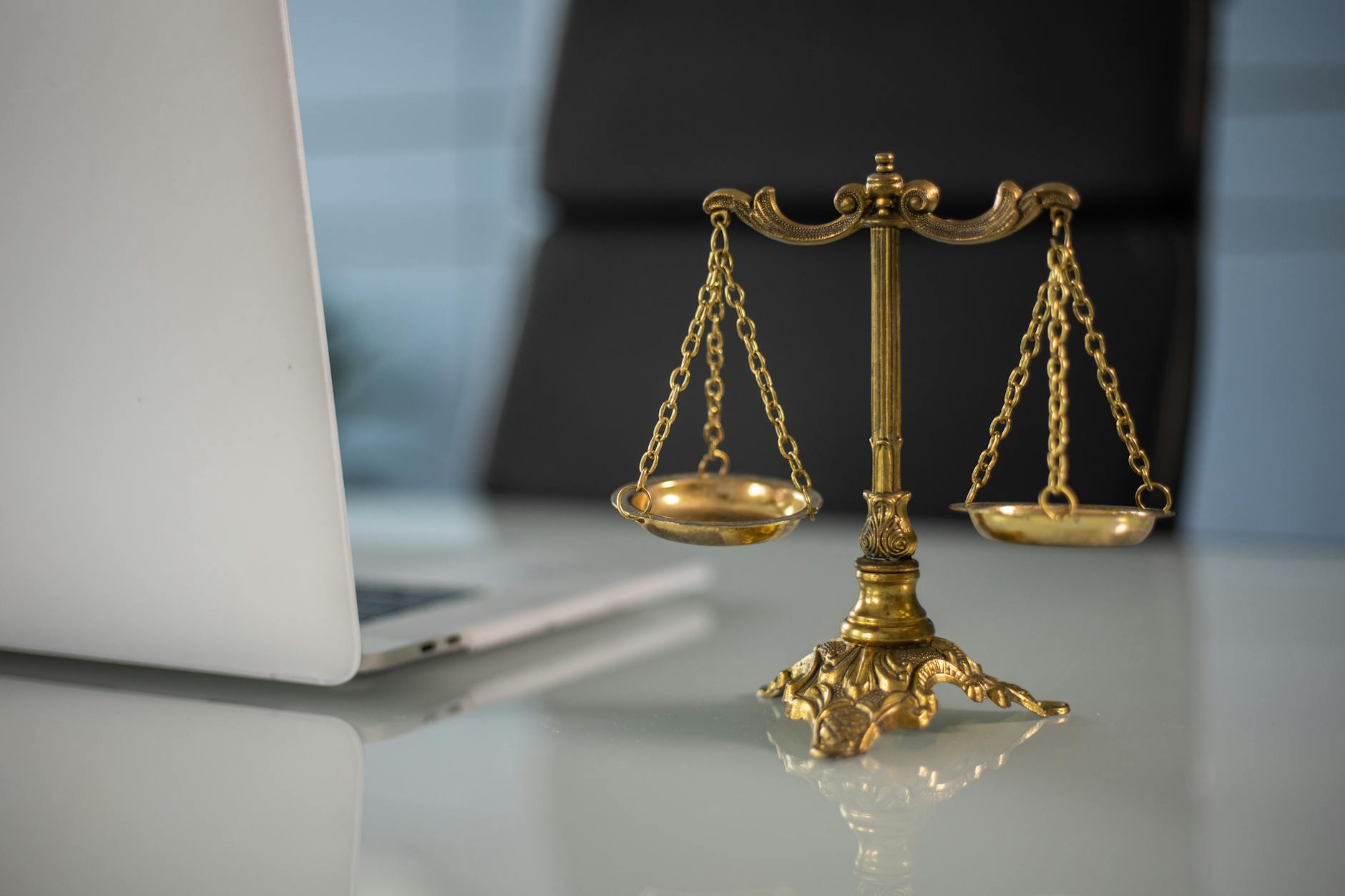A federal judge has made a groundbreaking move, officially closing the book on the criminal case against Boeing concerning the tragic 737 MAX crashes. This decision, following a request from federal prosecutors, comes with an astonishing twist: the very judge overseeing the proceedings voiced profound skepticism about whether the agreement truly delivers the accountability needed to safeguard air travelers.
Federal Court Closes Boeing 737 MAX Criminal Case
In a development that has sent ripples through the aviation industry and legal circles, the high-profile criminal investigation into the aerospace giant, Boeing, stemming from two fatal 737 MAX crashes, has officially concluded. The formal dismissal of the charges was granted in response to a plea from the Department of Justice (DOJ). However, this resolution is anything but straightforward, as it unfolds against a backdrop of deep concern from the presiding judicial figure.
Judge’s Stark Warning: Accountability Concerns Persist
Despite ultimately complying with the federal government’s request to drop the case, the presiding judge issued a stern rebuke regarding the underlying arrangement. The judicial opinion highlighted serious reservations, suggesting that the non-prosecution agreement established with the manufacturer might not adequately guarantee the corporate responsibility essential for maintaining the highest standards of aviation safety for the traveling public. This powerful dissent from the bench underscores ongoing questions about the mechanisms in place to ensure such critical accountability.
The Implications of the Decision on Aviation Safety Standards
The conclusion of this chapter for Boeing, while a procedural victory for the company, leaves a lingering sense of unease for many. The judicial skepticism injects a significant caveat into what might otherwise appear as a definitive closure, raising broader questions about how justice is served in cases involving corporate responsibility and public safety. As the aviation world moves forward, the dialogue around corporate oversight, federal agreements, and genuine accountability in preventing future tragedies will undoubtedly intensify.

Leave a Reply